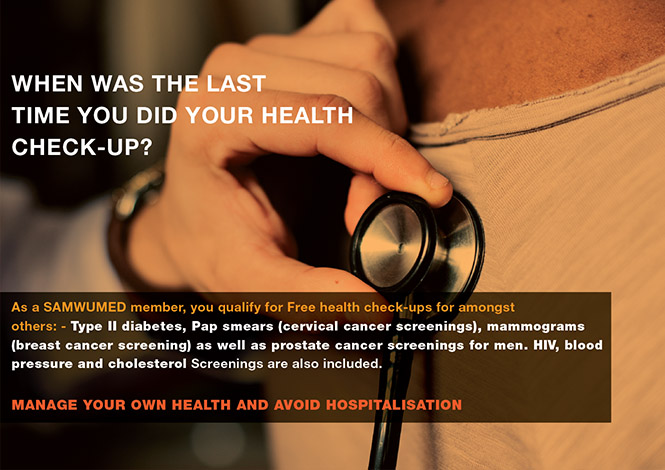PROTECT YOURSELF AGAINST PNEUMONIA
Pneumonia is a form of acute respiratory infection that affects the lungs. The lungs are made up of small sacs called alveoli, which fill with air when a healthy person breathes. When an individual has pneumonia, these small sacs are filled with pus and fluid, which makes breathing painful and also limits air getting into the lungs.
Causes of Pneumonia
Pneumonia can be caused by several factors including:
- Viral pneumonia – caused by respiratory viruses such as flu and the common cold
- Fungal pneumonia – caused by fungi from the soil or bird droppings
Transmission of Pneumonia
Pneumonia can be spread in a number of ways. The viruses and bacteria that are commonly found in a person’s nose or throat, can infect the lungs if they are inhaled. They may also spread via air-borne droplets from a cough or sneeze.
In addition, pneumonia may be spread through blood, especially during and shortly after birth.
Symptoms of pneumonia
Pneumonia symptoms can be mild to life-threatening. They can include:
- Coughing that may produce phlegm (mucus)
- Fever
- Sweating or chills
- Shortness of breath that happens while doing normal activities or even while resting
- Chest pain that gets worse when breathing or coughing
- Tiredness or fatigue
- Loss of appetite
- Nausea or vomiting
- Headaches
Other symptoms can vary according to age and a person’s general health:
- Children under 5 years old may have fast breathing or wheezing
- Infants may appear to have no symptoms, but sometimes they may vomit, lack energy, or have trouble drinking or eating
- Older people may have milder symptoms. They can also exhibit confusion or a lower than normal body temperature
People at risk of Pneumonia
While most people can fight the infection with their natural defences, people whose immune systems are compromised are at a higher risk of developing pneumonia. Pre-existing illnesses, such as HIV infections may also increase a person’s risk of getting the disease.
Some environmental factors such as living in crowded areas and smoking also increase the risk.
Protection against Pneumonia
In many cases, pneumonia can be prevented. The first defence is through vaccination. To this extent, there are several vaccines that can help prevent pneumonia depending on a person’s age.
They include the Flu vaccine which protects people against flu in cold seasons and the Hib vaccine which protects people against pneumonia and meningitis.
In addition to vaccination, there are other ways of avoiding pneumonia:
- Not smoking – as it increases the risk of respiratory infections, especially pneumonia.
- Regularly washing of hands with soap and water.
- Covering of the mouth with a tissue when coughing and sneezing. And throwing away the tissue.
- Maintaining a healthy lifestyle to strengthen the immune system. Getting enough rest, eating a healthy diet, and exercising regularly.
Source – WHO & Healthline.com









